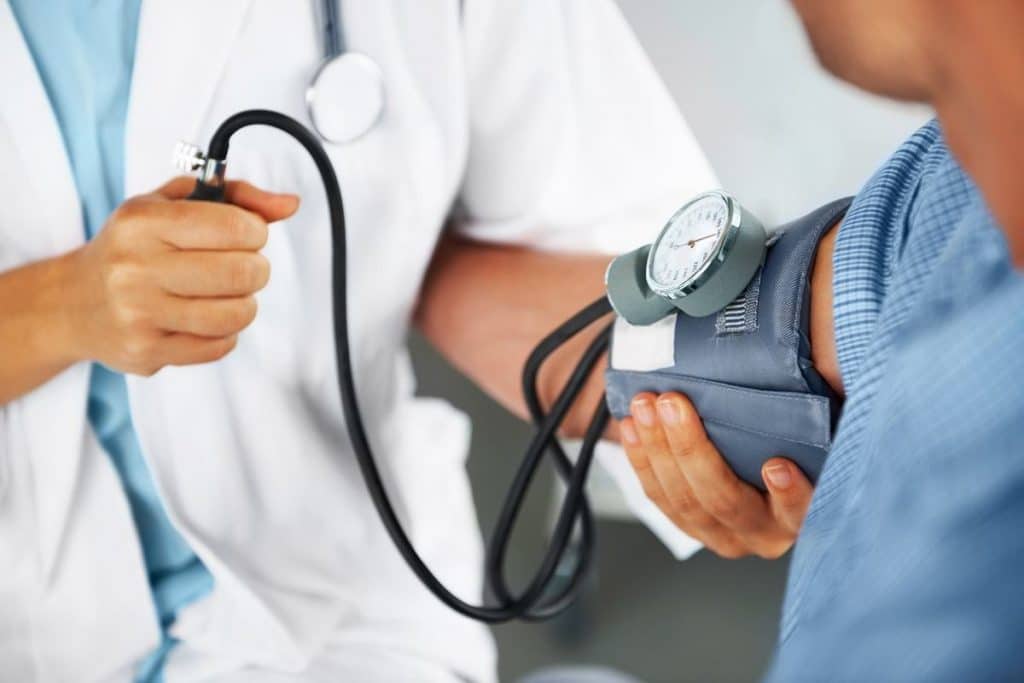High blood pressure is a serious medical issue, folks, and it can have a huge impact on your health and longevity despite not leaving you with many symptoms. This condition can contribute to heart disease and even potentially lead to death if left unchecked.
Part of winning the battle against high blood pressure and detecting it before it has a devastating impact on your body is knowing what the risk factors are. Once you know the risk factors, you can make sure you pay the level of attention to your blood pressure that it deserves in your case.
How old you are
According to the Mayo Clinic, your high blood pressure risk increases as you get older (https://www.mayoclinic.org/diseases-conditions/high-blood-pressure/symptoms-causes/syc-20373410). High blood pressure is more commonly seen in men aged 63 and older, while it becomes more common for women to develop it after they turn 65.
Your family history
High blood pressure, for some genetic reasons, does run in families. So, if you’ve got close family members with it or a family history of it in general, you’re at an increased risk of developing it yourself.
Your current weight
When you weigh more, your body needs more blood to get nutrients and oxygen to your tissues. Because of this, your artery walls are under more pressure from the increased amount of blood flowing through your vessels.
Your physical activity levels
When a person isn’t active, they usually have a higher heart rate. Your heart is working more with each contraction when you have an increased heart rate, and this results in a stronger force on your arteries. Being physically inactive also boosts your odds of being overweight, another risk factor.
Your sodium levels
When you have too much salt, it will cause your body to retain fluid. To combat this effect, your blood pressure will go up.
Your drinking habits
Heavy drinking can really take a toll on your body, including your heart. Men who have more than two drinks daily and women who have more than one drink each day may see an impact on their blood pressure levels. Alcohol consumption should be moderate, which is defined as one drink a day for women and two drinks a day for men. One drink is roughly 5 ounces of wine or 12 ounces of beer. If you drink something other than beer or wine, you can use online conversion charts to determine what one drink would be.




